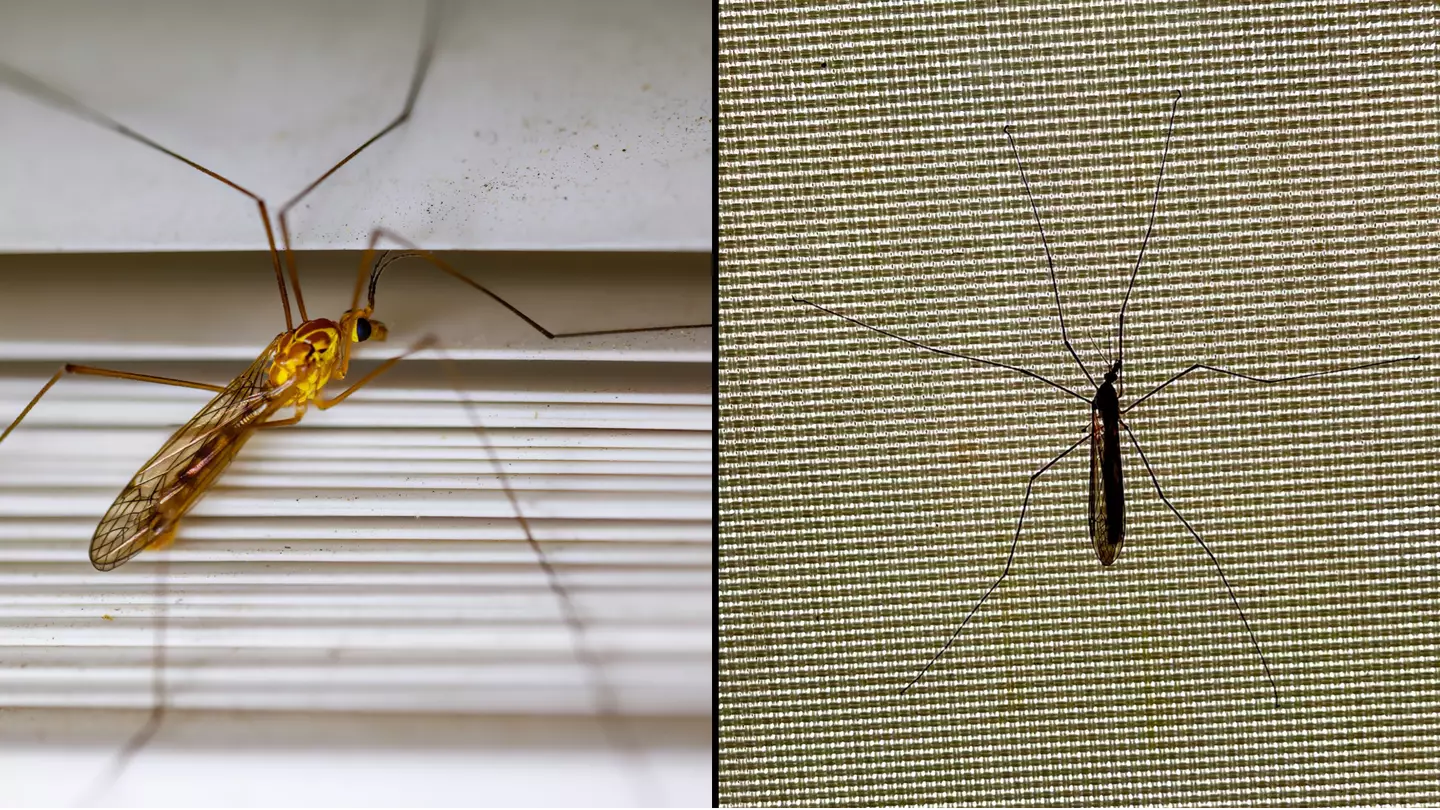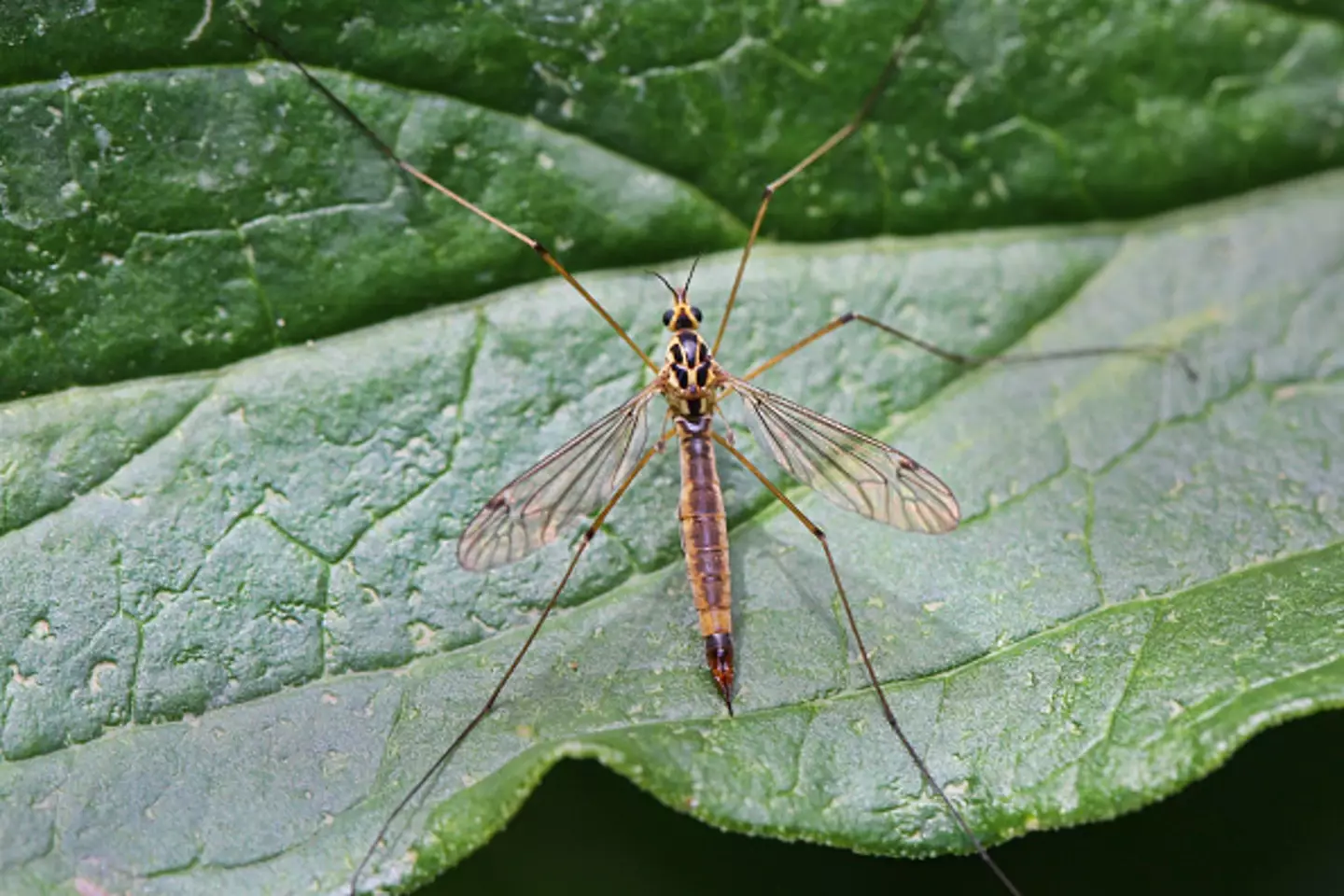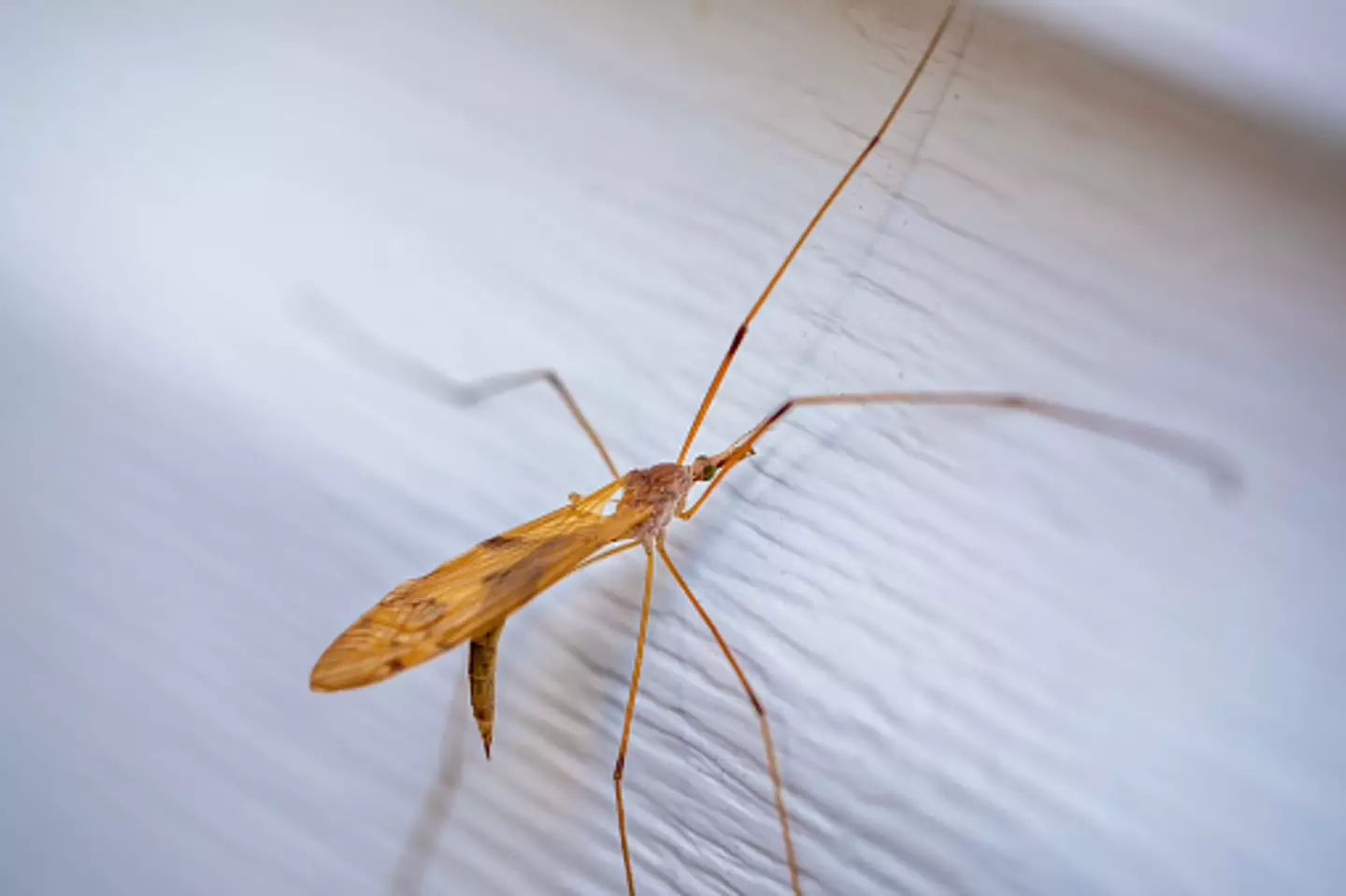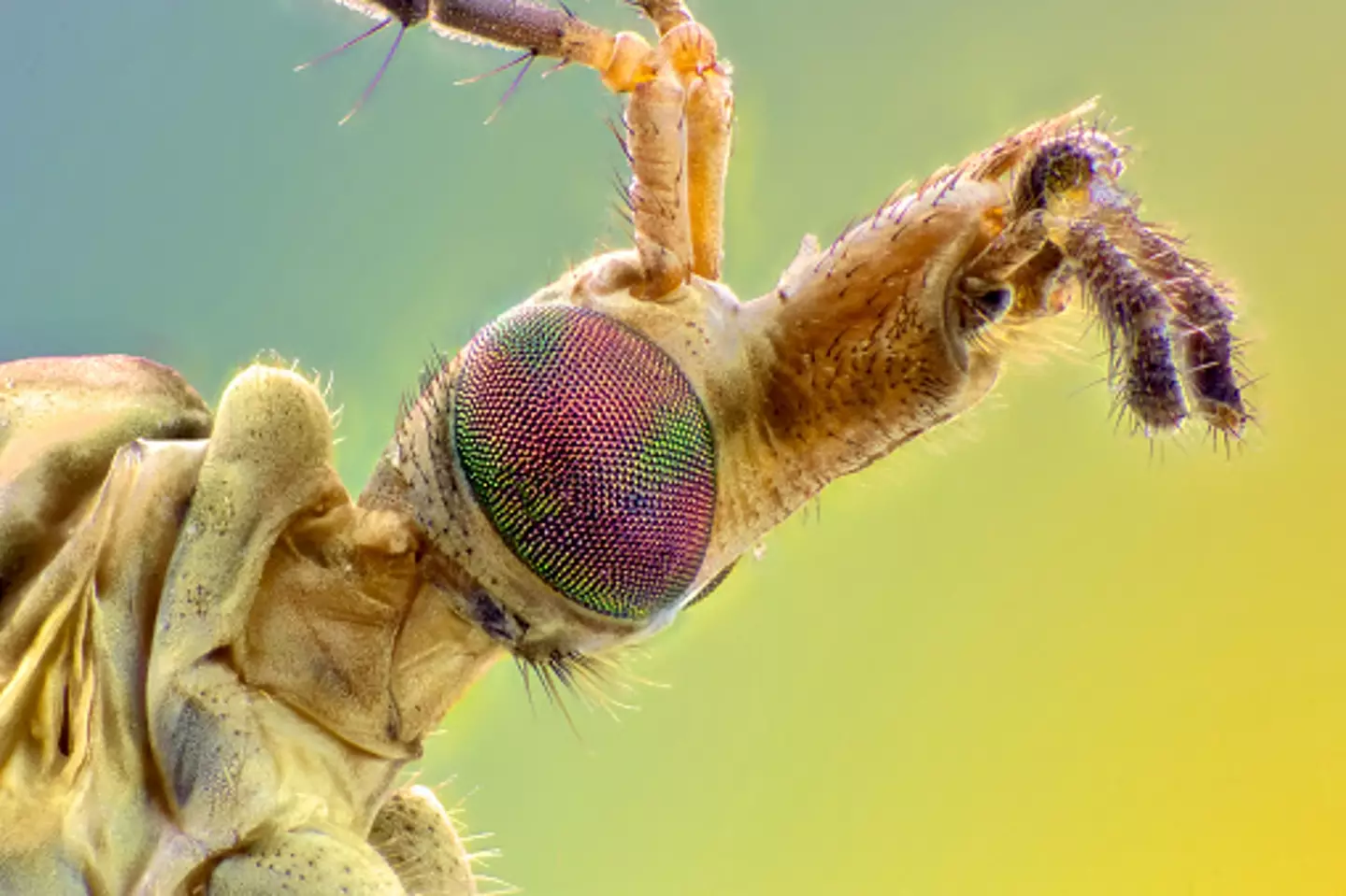
A nature reserve director has revealed what you should do if you spot a daddy long legs in your house.
As summer fades away - albeit with a final blast of a heatwave sending us into September - a new season is about to get underway: Spider season.
Yes, for all your arachnophobes, make sure to arm yourself with torches to search all the nooks and crannies of your bedroom as between late summer and early autumn there's set to be a boom in house spiders.
Advert
If you're severely arachnophobic, you may want to turn away now. On the other hand, this may be the best advice you'll get about what to do if you come face-to-face with one of the long-limbed beasts.
He's also revealed what should you do if you come across a daddy long legs - often mistaken for a spider.

According to Weather Radar, the weather from late summer to early autumn is the perfect condition for bugs friends to come crawling into our homes.
Advert
And unfortunately for arachnophobes, the 'average house' has '40 spiders hidden away in cracks and crevices,' and in older houses there can even be 'hundreds' according to PEST UK.

While daddy long legs aren't actually spiders - instead members of the crane fly family - that doesn't make them appear any less spidery.
Warwickshire Wildlife Trust's director of reserves and community engagement Karl Curtis explains you'll see more daddy long legs out at this time of the year because they're 'hatching out of our lawns and various places'.
Advert
He tells the Mirror: "The reason they come into the house is for warmth and they are attracted to light so if the lights are on in the house they come inside, and they hatch out in the darker hours to avoid being eaten by birds. They're not looking for shelter, they're out looking for a mate and then looking to lay eggs, they end up in houses because their favourite habitat is short grass and we have lawns."
And, like it or not arachnophobes, you shouldn't be whipping off your shoe and splatting them.
Curtis says: "They often get confused with spiders but they're not, they're flies, they're really good food source for birds, they're really important to play their part so people should let them out their windows and not kill them."
Curtis - who has a background in land management for conservation and community engagement - explains the 'very long spindly spiders' you often find in corners of a room are called cellar spiders and 'do pack a punch but they are not dangerous to humans'.
Advert
And crane flies a.k.a. daddy long legs - often mistaken for cellar spiders - are 'absolutely harmless'.

What's more, the daddy long legs won't linger in your home for long.
Curtis reassures: "They live a lot of their lives underground as a grub, as a larva, and then what they do is they hatch out over the summer.
Advert
"Probably now is the last throw of the dice, and what they do is they come out and looking to mate, lay eggs back into vegetation and then they die off."
So hang on in there, it'll be over in a few weeks.
Featured Image Credit: Getty Stock PhotosTopics: Animals, Health, UK News, World News, Spiders